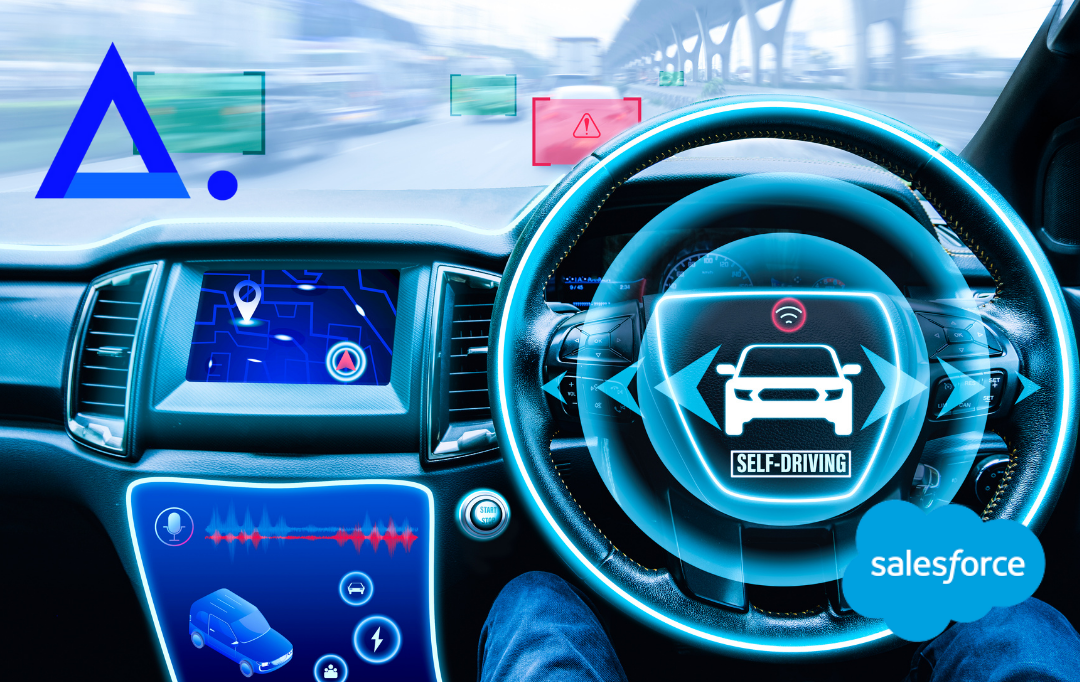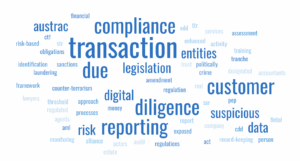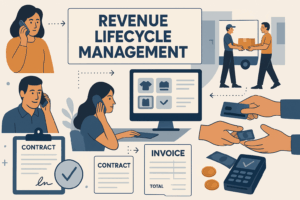Connected vehicles have transformed the way Australians drive, but they’ve also opened a new frontier for cybersecurity threats. From GPS tracking to payment details and vehicle diagnostics, modern cars generate huge volumes of sensitive data, data that hackers, regulators, and consumers are increasingly scrutinising.
For dealerships, OEMs, and fleet operators, the challenge is clear: secure your vehicle data now, or risk compliance penalties, reputational damage, and customer distrust.
The Expanding Cybersecurity Threat in Automotive
Today’s cars are more than just vehicles, they’re rolling data centers. They rely on real-time software integrations for everything from remote diagnostics to over-the-air updates, creating multiple weak points in the cybersecurity chain:
- Onboard Systems – Infotainment, driver assistance, and firmware updates can be hacked, leading to unauthorised access to vehicle controls or driver data.
- Vehicle-to-Cloud Integrations – Cloud platforms store critical customer details, financial records, and analytics, making them prime targets for cybercriminals.
- Fleet-Wide Risks – In commercial fleets, one security breach could compromise thousands of vehicles, disrupting operations and exposing customer data at scale.
The API Problem: A Major Weak Link in Automotive Cybersecurity
Application Programming Interfaces (APIs) form the backbone of the connected car ecosystem, linking dealership management systems, CRMs like Salesforce, and in-vehicle software. But poorly secured APIs are among the most common security risks in the industry:
- Data Leakage – Weak APIs can expose personal identifiers or even allow remote access to vehicles.
- Unauthorised Access – Without strong authentication measures like OAuth 2.0 or token-based permissions, APIs can be exploited.
- Regulatory Risks – With evolving privacy laws, brands must regularly audit and update their APIs to stay compliant and avoid fines.
Regulatory Crackdown: Australia’s Growing Focus on Car Data Privacy
Australian regulators are tightening the rules on how vehicle data is collected, stored, and shared. Carly Kind, Australia’s Privacy Commissioner, has made it clear that connected car data is under increasing scrutiny.
In May 2024, the Office of the Australian Information Commissioner (OAIC) launched preliminary investigations into how car brands handle personal data. The goal is to assess whether manufacturers are collecting and sharing information responsibly.
At the Queensland Privacy Awareness Week, Commissioner Kind reinforced this focus, stating:
“We are opening preliminary inquiries into the use of personal information in connected cars and the sharing of personal information between car manufacturers and other entities such as insurance companies.”
This marks a clear shift towards greater oversight in the automotive sector. Brands that don’t address these concerns proactively may find themselves scrambling to meet compliance deadlines later.
What This Means for the Automotive Industry
For dealerships, fleet operators, and OEMs, this isn’t just an IT issue, it’s a business risk. Companies must start preparing now:
- Transparent Data Practices: Customers should know exactly what data is collected and how it’s used.
- Stronger API Security: Implement multi-factor authentication, encryption, and strict access controls.
- Compliance-First Cybersecurity: Align data security measures with evolving Australian and global privacy regulations.
Best Practices for Automotive Cybersecurity
- Comprehensive API Governance
- Implement layered authentication and encryption.
- Continuously monitor for unusual activity.
- Zero-Trust Architecture
- Assume every interaction could be a threat.
- Validate all data flows before granting access.
- AI-Powered Threat Detection
- Deploy real-time monitoring tools to detect anomalies.
- Run routine penetration testing to identify vulnerabilities.
- Regulatory Readiness
- Keep policies aligned with the latest OAIC requirements.
- Train staff on data security and compliance best practices.
- Secure Over-the-Air Updates
- Encrypt every software update to prevent tampering.
- Authenticate all updates before installation.
Final Thoughts: Staying Ahead of the Curve
Connected vehicles present a massive business opportunity, but without strong cybersecurity and compliance, they also introduce significant risks. As privacy laws tighten, businesses that take a proactive approach to security will not only protect their customers but also safeguard their own reputation.
Cybersecurity isn’t just about protecting data – it’s about protecting your brand.
Take the Next Step: Secure Your Automotive Business Today At Argo Logic, we help automotive businesses — from dealerships to OEMs — strengthen their cybersecurity posture, secure their APIs, and stay ahead of evolving Australian privacy regulations.
Ready to assess your risks and build a robust, compliant cybersecurity framework?
👉 Contact Greg Butcher Program & Key Account Manager (Automotive Industry) ✉ [email protected]




